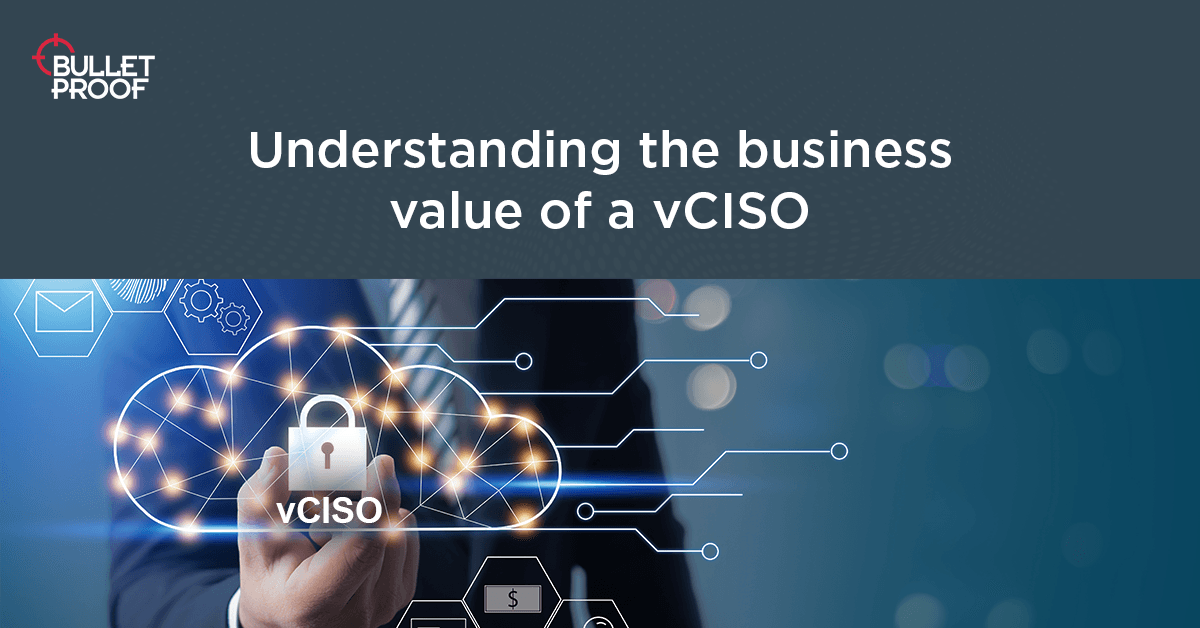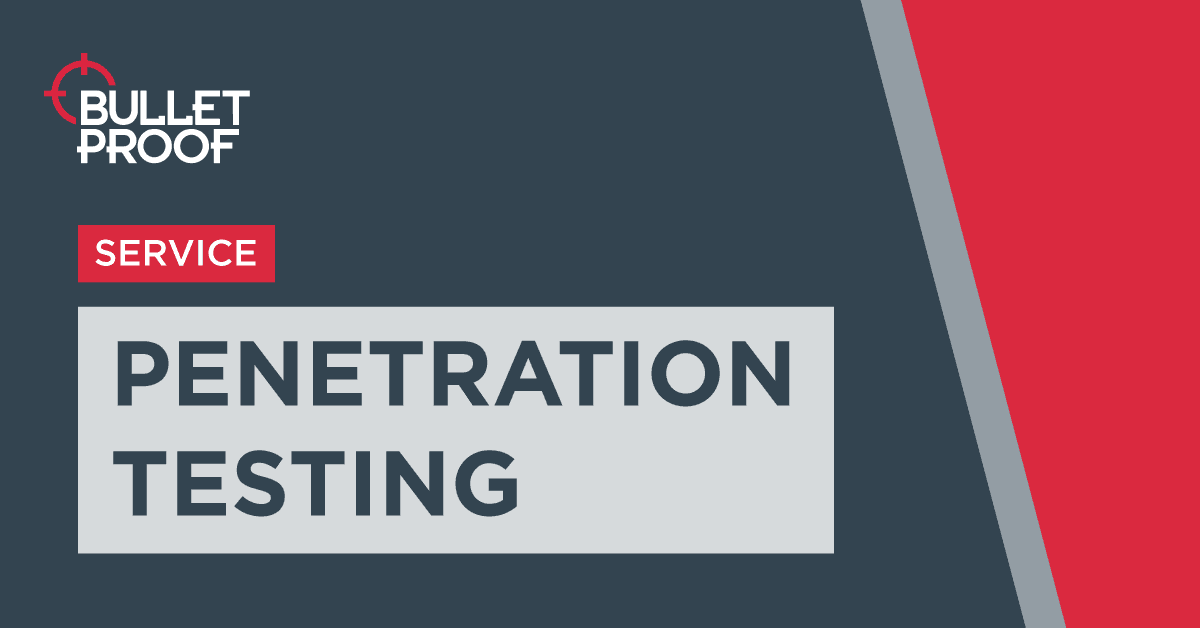Do You Need a CISO? 5 Signs It’s Time to Level Up Your Cybersecurity Leadership
Not every company needs a full-time Chief Information Security Officer (CISO) but many wait too long to bring in the leadership they do need. Whether you're facing compliance demands, handling sensitive data, or expanding your digital footprint, there are clear signals that it’s time to bring in senior cybersecurity expertise. Here are five signs it’s time to act, plus how to decide between a full-time CISO, fractional CISO, or virtual CISO (vCISO).

Intro: When “Good Enough” Security Stops Being Enough
In the early days of any business, security is often a shared responsibility, or if we are honest, an afterthought. The IT lead keeps the lights on, someone in legal ensures you’re at least thinking about GDPR, and maybe you’ve outsourced some pen testing. It’s functional. It’s fine.
Share this Article
Contents
- 1. You’re Handling More Sensitive Data Than Ever Before
- 2. Compliance Requirements Are No Longer Just a Checkbox
- 3. You’ve Had a Few Scares (Or Worse: You Don’t Know If You Have)
- 4. Security Responsibilities Are Scattered Across the Business
- 5. You’re Growing Fast - And That Growth Is Creating Risk
- OK, So You Need a CISO… But What Kind?
Related Service
Virtual CISOBut as your business grows, more people, more data, more complexity, that piecemeal approach starts to crack. Suddenly, you’re facing new compliance demands. Your clients are asking tougher security questions. You're unsure who would even lead an incident response, let alone design a long-term cybersecurity strategy.
That’s when the question comes up: Do we need a CISO?
Not necessarily a full-time executive with a six-figure salary, but some form of dedicated security leadership. In this post, we’ll explore five clear signs that your business has reached that tipping point - and what your options are if you’re not ready for a permanent C-suite hire.
1. You’re Handling More Sensitive Data Than Ever Before
Maybe it’s customer data from a new SaaS product. Or financial information from a growing client base. Or maybe you’ve moved to the cloud and your team is spinning up new environments faster than you can track.
Whatever the case, the more sensitive data you handle, the more attractive you become to attackers, and the higher your responsibility to protect it. Without a clear security lead, critical data protection decisions are often reactive or inconsistent.
A CISO - or virtual CISO (vCISO), brings oversight. They help classify what data matters most, ensure it's properly encrypted, and build policies that keep your business compliant and resilient.
Learn what a vCISO actually does in this blogpost.
2. Compliance Requirements Are No Longer Just a Checkbox
Regulatory complexity doesn’t just scale with your business, it can escalate overnight. Maybe you’re landing bigger clients who demand ISO 27001 compliance. Maybe you're entering financial or healthcare markets with stricter data controls. Maybe it’s GDPR audits, SOC 2 reports, or industry frameworks like DORA or PCI DSS.
These aren’t tick-box exercises - they’re detailed, ongoing commitments that require strategy, documentation, and oversight.
A good security leader can guide your business through audits and certifications without derailing operations. Even better, they can bake security into your business processes so that compliance becomes the byproduct of doing things right.


DownloadFree 10-point security checklist
Learn everything you need to know to take your cyber security strategy from zero to hero. Boost your security defences & plan your strategy with our free 10-point security checklist
3. You’ve Had a Few Scares (Or Worse: You Don’t Know If You Have)
Have you experienced a phishing attack? Seen suspicious logins? Or maybe someone just clicked something they shouldn’t have and now you’re crossing your fingers that nothing bad comes of it?
Sometimes the signs are obvious. Sometimes they’re subtle, and that’s even more dangerous.
A CISO brings visibility and structure. They’ll implement detection tools, develop an incident response plan, and build a culture of security awareness. Crucially, they help you move from reactive to proactive.
This isn't just about preventing attacks, it's about confidently responding when something does happen. Without leadership in place, most businesses are left guessing in a moment when every second counts.
4. Security Responsibilities Are Scattered Across the Business
In many growing companies, security ends up spread across multiple roles: IT, DevOps, operations, legal, even HR. That works for a while. But over time, it creates friction, duplication, and dangerous gaps.
Here’s the thing: no one person or team owns security, so everyone assumes someone else is looking after it. That’s how misconfigurations happen. It’s how passwords go unrotated. It’s how expired certificates take a key service offline.
A CISO solves this—not by doing everything themselves, but by aligning teams under a unified strategy. They create clarity, accountability, and shared goals. And if you’re not ready for a full-time hire? A fractional CISO can fill this role part-time or project-based while still bringing strategic oversight.
5. You’re Growing Fast - And That Growth Is Creating Risk
Growth is exciting. New products, new hires, new markets. But with every change comes new risk:
You roll out a new cloud service but skip the security review.
You onboard a third-party vendor without a data processing agreement.
You expand to a new region and overlook local privacy laws.
This isn’t about slowing down your momentum—it’s about supporting it with the right guardrails. A CISO helps your business grow securely. They ask the tough questions upfront and design systems that scale safely.
They also help you plan for what's coming. Thinking of a funding round or M&A activity? One of the first things investors and buyers will scrutinise is your security posture.
OK, So You Need a CISO… But What Kind?
Here’s the good news: not every company needs to rush out and hire a full-time, in-house CISO. In fact, many scaling businesses get exactly what they need through a virtual or fractional CISO model.
Let’s break it down:
Full-time CISO – Ideal for enterprise-sized businesses with complex infrastructure, in-house security teams, and high regulatory exposure.
Fractional CISO – Perfect for mid-sized companies that need strategic guidance but not 40 hours/week of security leadership.
vCISO – Offers flexible, on-demand security leadership. You get access to an experienced security expert (or team) who can work remotely, embed with your team, and deliver results—without the cost of a permanent hire.
Compare a vCISO vs. fractional CISO for a deeper dive if you’re exploring options.
Final Thoughts: Don’t Wait Until It’s Too Late
If you’re reading this and thinking, “We’re not quite there yet…” - fair enough. But the reality is, most companies wait until after a breach, audit failure, or client demand before making the move.
Cybersecurity leadership isn’t a luxury, it’s a necessity. And these days, it’s more accessible than ever.
Whether you need a full-time CISO or just a few days a month of expert oversight, bringing in dedicated security leadership could be the single most impactful step you take this year.



